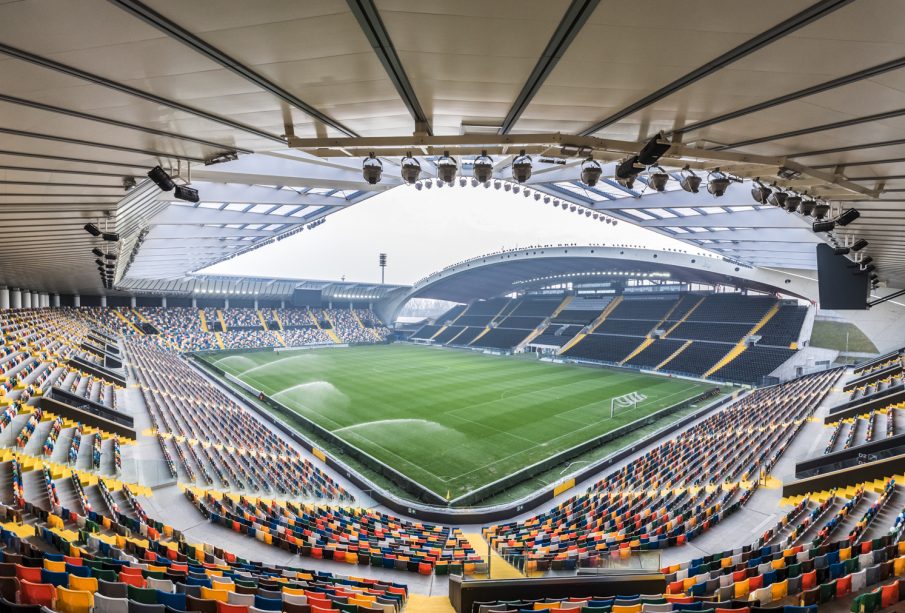Exploring Stadio Friuli: History and Current Events

Introduction
Stadio Friuli, located in Udine, Italy, serves as the home ground for the Serie A football club Udinese Calcio. Opened in 1976 and holding a capacity of approximately 25,000 spectators, it plays a significant role not only in sports but also in the cultural landscape of the Friuli Venezia Giulia region. The importance of Stadio Friuli extends beyond football, making it an essential venue for various events and a central part of local community pride.
Stadium Features and Facilities
In recent years, Stadio Friuli has undergone significant renovations aimed at enhancing the matchday experience for fans and players alike. The upgrades included the installation of modern seating, improved lighting, and enhanced hospitality facilities. Notably, the stadium features a striking design that reflects the surrounding landscape and the region’s rich cultural heritage. In 2016, Stadio Friuli was officially rebranded to Dacia Arena following a sponsorship deal, further solidifying its role in Udinese’s identity.
Recent Events and Developments
In the 2023 season, Stadio Friuli has welcomed not only local football matches but also international friendlies, contributing to its status as a prominent sports venue. On October 5, 2023, Udinese faced AC Milan in an electrifying Serie A match that saw an impressive turnout, showcasing the stadium’s ability to attract crowds. Furthermore, Stadio Friuli has adapted to showcasing various non-sporting events, from concerts to cultural festivals, making it a versatile venue that caters to a broad audience.
The Future of Stadio Friuli
The ongoing development plans for Stadio Friuli aim to further modernise the facilities and improve the fan experience. With initiatives focusing on sustainability and technological advancements, the management is looking to adapt to the changing landscape of sports venues, ensuring that Stadio Friuli remains at the forefront of Italian culture and sports. Speculations point towards potentially hosting matches for the 2030 FIFA World Cup, should Italy’s bid succeed, enhancing its significance on the global stage.
Conclusion
Stadio Friuli stands as a beacon of sports and community spirit in Udine. With its storied history and recent developments, it continues to be a vital part of the region’s cultural and sporting identity. As Stadio Friuli evolves, it remains imperative for local residents and fans alike to recognise the impact this venue has on their community, sporting culture, and beyond.









